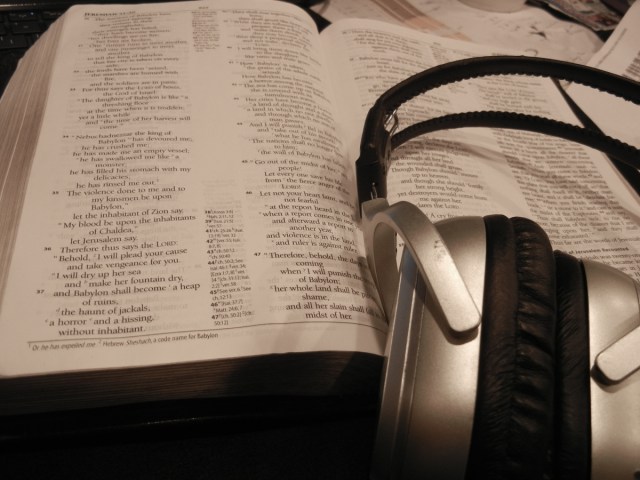Hello CCC!
I came across a podcast recently with a story I had shared with everyone a couple years ago, but it seemed worth sharing again. This was a TED Talk on the power of our voices, how voices are unique, and what does that mean for people who use synthetic voices to communicate? This was particularly interesting to me as a singer because the voice plays a key role in vocal production and is such a big part of our identity whether we think of ourselves as singers or not. Our voices grow and change with us our entire lives…from when we are a child all the way through our adulthood, and all of our voices are unique. It’s pretty amazing! For many people though, they may not have the ability to produce words with their voices and lose a part of that identity.
This TED talk was given by speech scientist Rupal Patel, and she is passionate about giving people who are not able to speak their own individual voice. You are probably familiar with Stephen Hawking and the robotic voice program he used to communicate. There are a lot of people of varying ages and varying genders that use that exact same voice/program.
Rupal Patel thought it odd that all of these people without the ability to produce speech on their own should be given the exact same voice. Especially when she met a 12-year-old girl using the voice of a robotic-sounding 40-year-old man! So, she developed a program where people who have the ability to produce speech record a series of sentences to create all the necessary consonants and vowels the speech program needs. On top of that she recorded any vocalizations that the person who will use the synthetic voice was able to produce. This could be a moan, a mumble, or maybe a single word.
The amazing part of this is that Rupal Patel uses characteristics of the produced sound such as the timbre and the general pitch range to infuse the speaker’s natural voice with the recorded voice from the “voice donor”. This then becomes the new synthetic voice that is fed into the voice program and replaces the standard male robotic voice. For children, she is even able to adjust the voice as the person grows to signify part of that vocal identity of a voice changing as a person matures.
Rupal Patel has a few interviews on this podcast with people who received their new voice, and for the first time felt like they had their own true voice. It was so moving, and really made me think about how much of the ability to speak we take for granted. If you’d like to take a listen google “How do you construct a voice TED” and it should be the first result in the search. She also runs a program where people can sign up to become voice donors.
Maybe it would be fun for some of us from CCC to record our voices to be available for someone to choose to blend with their own voice?! If that sounds interesting to you please contact me and we can look into it! Thank you all for reading and have a wonderful day.
Mark

